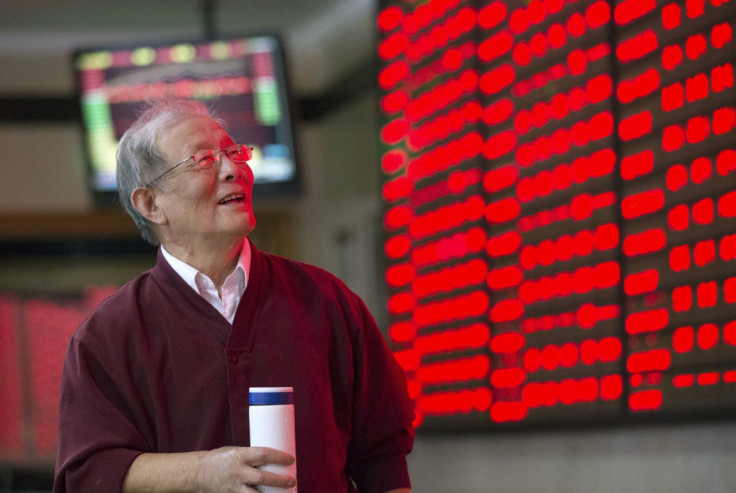Asian markets in the green in response to positive cues from Wall Street

The Asian share markets were trading higher on 3 November (Tuesday) in response to a positive close on the Wall Street that witnessed gains across all sectors, led primarily by the energy and healthcare industries. The benchmark for US tech stocks also hit its highest in 15 years.
The positive reaction of Wall Street was despite mixed economic data in the US where its manufacturing activity slowed for the fourth month and its construction spending increased hitting a seven-and-a-half year high.
MSCI's broadest index of Asia-Pacific shares outside Japan that had lost ground for five straight sessions was trading higher by 1.4%. While this index has gained more than 11% since the end of September, it is still trading lower by more than 10% in 2015.
The Shanghai Composite Index was trading at 3327.57, up 0.07%, while Hong Kong's Hang Seng was up 1.24% at 22,646.41. India's BSE was up by 0.48% at 26685.62, South Korea's KOSPI was trading higher by 0.65% at 2,048.40. Japan's benchmark index was closed for trade due to a holiday.
Australia's S&P/ASX 200 increased by 1.42% to 5239.20. This gain was in anticipation of the central bank's decision on rates, which later in the day announced that it will hold rates for now with an option for further easing in the future. Reserve Bank of Australia (RBA) had last eased its rates in May.
Michael Blythe, chief economist at CBA, in this reference said, "They've obviously left the door open to cut rates but something needs to happen to get that rate cut over the line."
In commodities, oil has been negatively impacted by declining demand in China and Russia's production, touching record highs – leading to a fall in oil prices. WTI Crude oil declined 0.98% to $46.14 a barrel and Brent was down 1.58% at $48.79 a barrel.
© Copyright IBTimes 2025. All rights reserved.





















